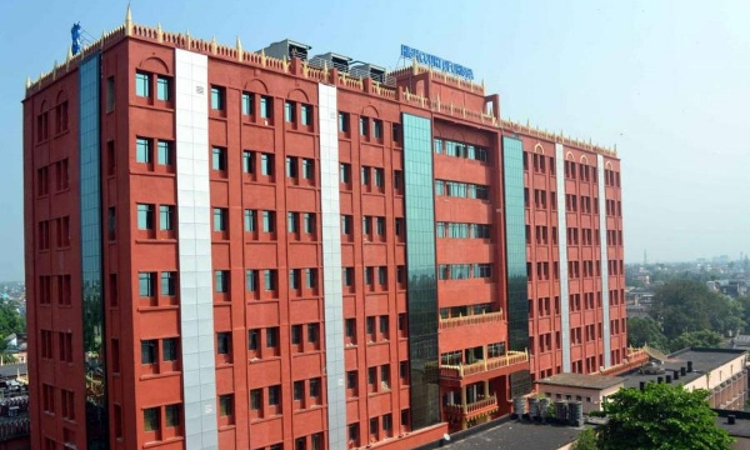Orissa High Court Upholds The Validity Of Odisha Universities (Amendment) Act, 2020
Jyoti Prakash Dutta
30 Jan 2022 12:48 PM IST

"The Subordinate Legislation Under Entry 66 List I Will Have To Yield To The Plenary Jurisdiction Of The State Government Under List III Entry 25"
Next Story


